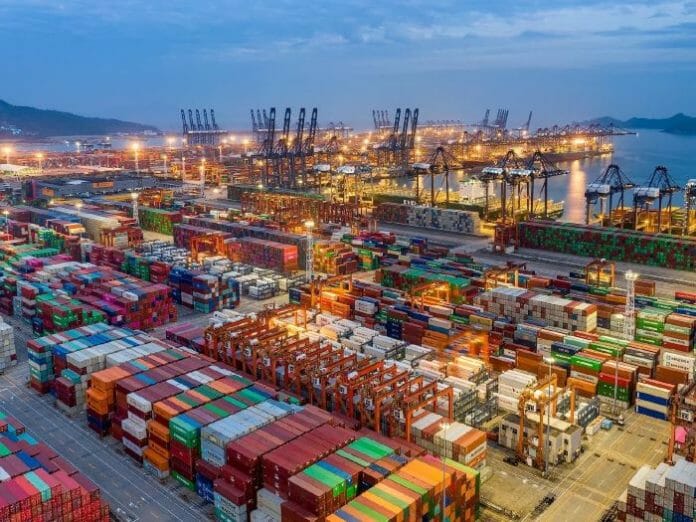Fitch says the ratings of seaports in Asia-Pacific (APAC) are driven by revenue stability as a result of strong volume or price attributes as well as significant, well-defined capex plans. These factors explain the rating differences within the peer group it adds. Leverage relative to revenue risk and long-term access to funding, as well as debt structure profiles further differentiate ratings.
Predominantly Investment Grade
The peer group is clustered in three rating categories -‘A’, ‘BBB’ and ‘BB’ – with most in the ‘BBB’ category. Only Zhejiang Seaport Group is rated in the ‘A’ category, while NQXT and JSWIL are rated in the ‘BB’ category. All ratings, except for JSWIL and Zhejiang Seaport Group, are on a Stable Outlook, reflecting their solid fundamentals amid normalising economic growth in the region.
JSWIL’s ratings are on a Positive Outlook, supported by a financial profile commensurate with a higher rating and a steady increase in third-party cargo, which will reduce its revenue reliance on the JSW group. Zhejiang Seaport Group’s ratings are on a Negative Outlook, reflecting its sponsoring government’s outlook.
Uplift for Government-Related Entities
The ratings of state-owned ports factor in the government’s responsibility and incentive to extend support. The ratings of
Zhejiang Seaport Group and LYGP are equalised with Fitch Ratings’ assessment of their supporting governments. This is based on the expectation of a high likelihood the local government would provide support if needed as strong incentives are evident.
Geopolitical Tensions Shape Trade Dynamics
Ongoing geopolitical tensions continue to drive supply chain shifts. Countries are increasingly focused on securing vital commodities and strengthening supply chains.
Moving production closer to the home country or countries regarded as allies will continue and affect port activities in the region, potentially disrupting trade routes, altering the mix of commodities handled, as well as shifting the balance between
export-import and transhipment cargoes.
Ports in countries like Vietnam and India could benefit from the supply chain shifting towards economic and political allies. China’s ports will rely on an increase in trades with Russia and ASEAN to offset the loss of exports to the EU and the US.
More Cautious Capital Spending
Headwinds, such as heightened geopolitical risks and persistently high interest rates, will lead to more cautious capital spending. Fitch said it expects capacity expansion to slow as volume growth plateaus and operators are likely to shift spending towards efficiency improvements and capability enhancement to boost competitiveness









